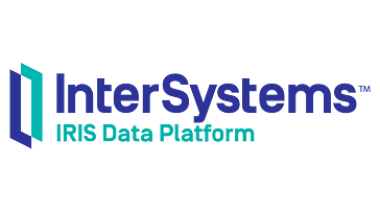Percona Kubernetes Operator for Percona XtraDB Cluster automates the creation, alteration, or deletion of members in your Percona XtraDB Cluster environment. It can be used to instantiate a new Percona XtraDB Cluster replica set, or to scale an existing environment. The Operator contains all necessary Kubernetes settings to provide a proper and consistent Percona XtraDB Cluster instance.
Percona Kubernetes Operator for Percona XtraDB Cluster is based on best practices for configuration and setup of a Percona XtraDB Cluster replica set. The benefits are multiple, but saving time and delivering a consistent and vetted environment is key.
Percona is a market leader in providing best-of-breed enterprise-class software, support, consulting, managed services, and training for on-premise and cloud-based open source databases. Percona was founded on the belief that everyone should have access to scalable, secure, efficient, and resilient database software features, without inflated fees or vendor lock-in. Our global network of experts spans more than 35 countries and we have assisted over 3,000 clients worldwide.














